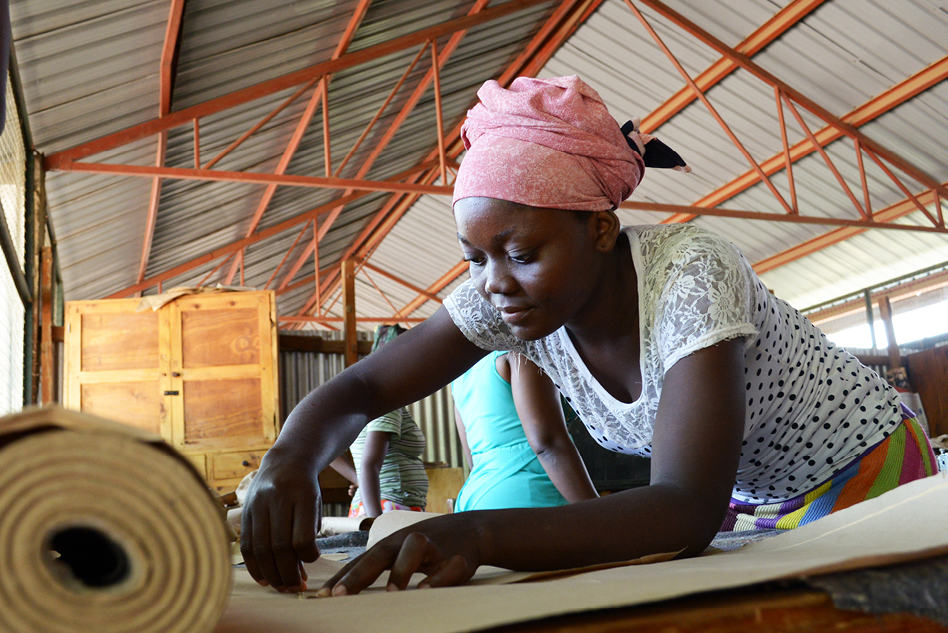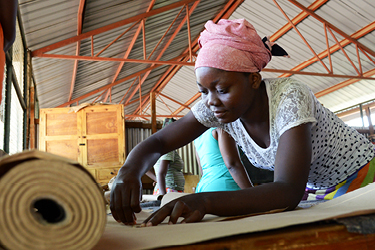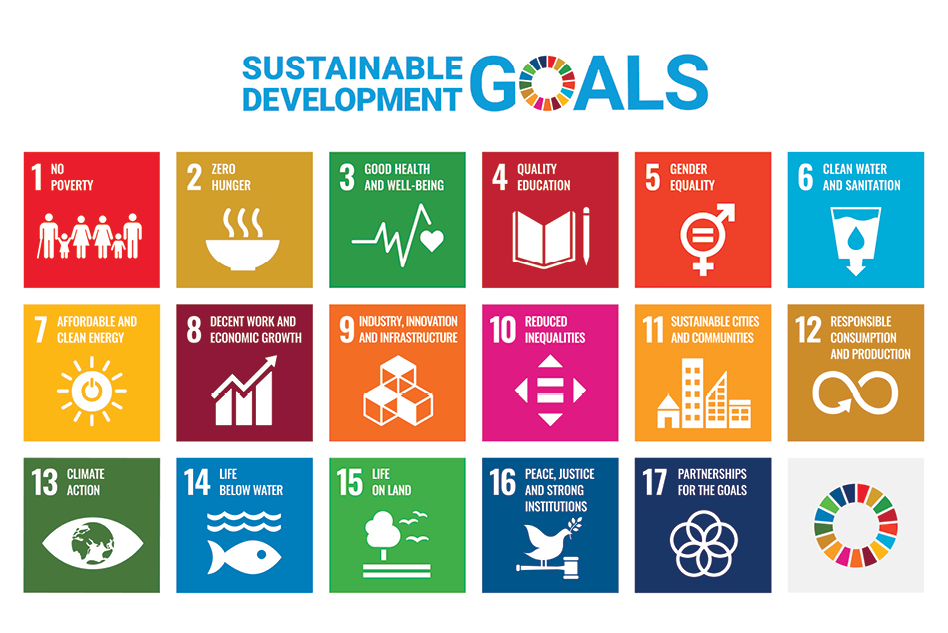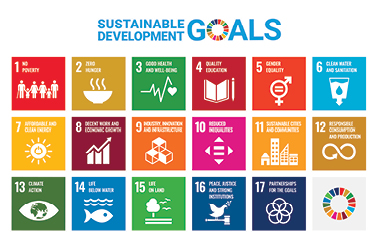Development impacts through business
The generation of positive development impacts in the target countries is at the heart of projects supported by Finnpartnership.
The generation of positive development impacts in the target countries is at the heart of projects supported by Finnpartnership.
As part of the Finnish Government’s official development cooperation, Finnpartnership aims to promote the implementation of the United Nations’ Sustainable Development Goals (SDG). The private sector plays a key role in the achievement of these goals. Profitable long-term business activities can support public development cooperation through investments made in the target country and training of local workforce.
Examples of the development impacts of responsible business include job creation, building of clean energy production, climate change mitigation, promotion of equality, and introduction of new technology in developing markets. Finnpartnership offers Finnish companies financial grant, Business Partnership Support, to motivate them to engage in activities that generate positive development impacts. The programme’s particular aim is to create sustainable and decent jobs in the target countries.


The aim to generate development impacts and identify the operator’s own impacts can create new business opportunities. Finnpartnership’s ‘Know your impact’ guide helps companies identify and highlight the development impacts of their activities. The guide directs companies to find new financing opportunities and act in a responsible manner.


In 2015, members of the United Nations adopted the 2030 Agenda for Sustainable Development, which contains 17 Sustainable Development Goals (SDGs) to guide the promotion of sustainable development from 2016 to 2030. Their achievement requires active participation from states, local governments, private sector operators, civic society and citizens. In Finnpartnership’s programme period of 2022–2024, the main emphasis is on SDG 8 (decent work and economic growth) and SDG 5 (gender equality).
The Finnish Development Policy aims to eliminate poverty and inequality and promote sustainable development. The cross-cutting objectives of Finland’s Development Policy are gender equality, non-discrimination, climate resilience, low emission development and protection of the environment with an emphasis on safeguarding biodiversity.
The financial grant provided by Finnpartnership (Business Partnership Support) is part of the Finnish Government’s official development cooperation. Thus, operators applying for the grant and their projects are expected to have development impacts in the target countries. The assessment of development impacts plays a key role when Finnpartnership analyses project applications and prepares project statements for the Ministry for Foreign Affairs.
The applicant is required to assess the project’s potential development impacts in the project application. The development impact questionnaire is a mandatory part of the application. The applicant must fill in the project’s development goals, impact on human rights and estimated impacts relating to the cross-cutting objectives of Finland’s Development Policy. The applicant must also agree in writing to comply with the target country’s legislation and international regulations, such as tax liability criteria.
Because Business Partnership Support is usually used at the initial state of the project, Finnpartnership analyses the development impacts the project is likely to generate if it is successful. In the development impact analysis, Finnpartnership examines the direct and indirect impacts of the project, which include impact on the target country’s employment level, gender equality, and workforce training. Projects that target upper middle income countries (UMIC) are expected to have direct development impacts.
Projects are scored based on the development impact analysis. Special attention is also paid to the potential negative impacts and positive environmental and social impacts. Projects can be assigned requirements and recommendations based on Finnpartnership’s analysis.
Finnpartnership has clear criteria regarding projects that are not eligible for Business Partnership Support. The final decision to grant Business Partnership Support to a project is made by the Ministry for Foreign Affairs, which utilises the analysis provided by Finnpartnership.
Business Partnership Support is paid retrospectively when the support recipient has completed tasks included in the project budget on a self-financed basis and submitted a separate request for payment. When the request for payment has been submitted, Finnpartnership assesses the progress of the project and, for example, whether the requirements and recommendations laid down for the project have been followed. Business Partnership Support shall only be paid if the recipient has complied with the support conditions and requirements set.
The support recipient shall provide an assessment of the project’s development impacts whenever they request the payment of Business Partnership Support. Because projects supported by Finnpartnership tend to take place at the initial stages of launching business activities, it is normal to not have produced any development impacts by the time a payment is requested. However, reports provided during the implementation of a project often indicate potential development impacts that have already been and could be achieved through the project.
Concrete development impacts are usually produced only after the support has expired, i.e. when the business activities or partnership have been fully established in the target country. In order to measure the development impacts generated, grant recipients are obliged to report to Finnpartnership by submitting a final report and responding to two follow-up surveys. Responding to the two follow-up surveys sent by Finnpartnership after the expiry of Business Partnership Support is mandatory. Finnpartnership uses the survey responses to prepare an annual public report showcasing the development impacts of projects it has supported.

Programme Officer
Business Partnership Support, Development impacts
eelis.hemberg@finnpartnership.fi +358 (0)40 184 5723Financial grant recipients agree to comply with the Business Partnership Support conditions and internationally accepted environmental and social responsibility standards as well as local legislation concerning, for example, environmental and employee rights. Taking into account and managing the project’s environmental and social impacts is important and beneficial to the company already at the preparation stage of the project.


Finnpartnership’s monthly application workshops give an introduction to identifying development impacts. You will also learn how to apply for Business Partnership Support.
Finnpartnership monitors the impact of projects it has supported regularly. Read about the project results in the annual development impact report.
Explore our success stories to find out how Finnish companies have utilised their Business Partnership Support and found success in developing markets.